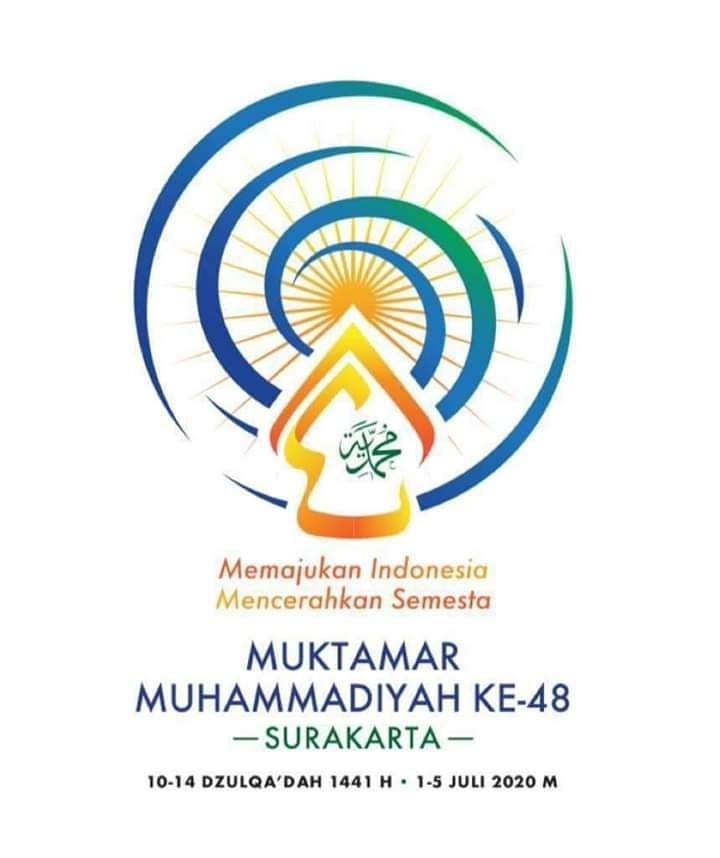Malang – The excellence of Muhammadiyah as the biggest charitable efforts owner modern organization in the world needed to be supported with the community-based activities. This was delivered in the 47th pre-MuktamarMuhammadiyah Seminar that was held by UniversitasMuhammadiyah Malang (UMM) in Aula BAU UMM on Tuesday (03/31).
The Chairman of Muhammadiyah Central Executive, HaedarNashir, even said that the survival of Muhammadiyah as a social movement extremely depended on its activity in collective or community scope. “Until today, the characteristic of Muhammadiyah is widely known in health sector, social service, and society empowerment. These three things could not live without the strength of the community,” he explained.
Haedar took an example from the movement to alleviate the orphans and the poor on 1922, which was maintained by PenolongKesengsaraanOemoem (PKO) was established due to community-based da’wah by Muhammadiyah.
Not only Haedar, the Rector of UMM, Muhadjir Effendi, the experts of Muhammadiyah who became the keynote speakers of this seminar (FauzanSaleh, SyamsulArifin, AchmadJainuri, andHilmanLatief) also attended the seminar. By the end of the seminar, MohNurhakim as the standing committee presented the conclusion of seminar result that would become the recommendation in 47thMuktamarMuhammadiyah that was going to be held on August 3-7, 2015 in Makassar.
Besides UMM, other Muhammadiyah Universities also held pre-Muktamar event. They were: UniversitasMuhammadiyah Yogyakarta, UniversitasMuhammadiyah Surakarta, STIKES Aisyiyah Yogyakarta, UniversitasMuhammadiyahPalangkaraya, UniversitasMuhammadiyah Sumatera Utara, UniversitasMuhammadiyah Banda Aceh, UniversitasMuhammadiyahSorong, UniversitasMuhammadiyah Maluku Utara, UniversitasMuhammadiyah Surabaya, UniversitasMuhammadiyah Prof DrHamka, UniversitasMuhammadiyah Jakarta, and IKIP MuhammadiyahMaumere.
“Each university bring different theme. They are asked to think seriously and critically of Muhammadiyah in the present and in the future,” he concluded. (nis/han) (dzar)


47.jpeg)